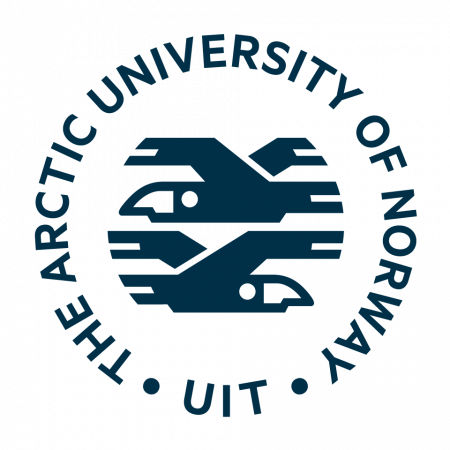Environmental Law - master
Throughout their studies at Uppsala University, University of Eastern Finland and UiT the Arctic University of Norway, NOMPEL students acquire in-depth knowledge of the law on effective management of natural resources, including the protection of biodiversity, and climate change and the energy transition. NOMPEL builds on the expertise at the three partner institutions.
Updated course descriptions for the courses taught at the different institutions are available at the respective institution’s website.
First semester: Uppsala University (UU)
The first semester of the programme, comprising 30 ECTS, is spent in Uppsala. During this semester two themes are addressed. The first is a general introduction to the role of law in the formulation and implementation of environmental policies. This comprises the functions and potentials of different environmental legal instruments and principles, as well as how legislation and legal principles can counteract implementation of environmental objectives and green growth. Students will also learn how international and EU environmental law interact with national law, using Nordic countries as examples, as well as the basic structures and challenges of environmental law making and implementation.
The second theme of the first semester is more substantive and relates to the effective management of natural resources, including the protection of biodiversity. The objective is to analyse the relation between the management of natural resources (forest, water, wind etc.) and the interest of conserving biodiversity, as stipulated in international law, EU law and also the law of the Nordic states. This part of the first semester also constitutes the introduction to natural resource management and biodiversity protection, various subfields of which are subject to in depth discussions during subsequent semesters.
Second semester: University of Eastern Finland (UEF)
The second semester of the programme is spent at the School of Law of the University of Eastern Finland (UEF), Joensuu. The university is home to the Centre for Climate Change, Energy and Environmental Law (CCEEL), which brings together around 80 senior and junior scholars specialised in climate change, energy, natural resources and environmental law. At UEF, NOMPEL students take courses, for a total of 30 ECTS, comprising the following themes: climate change law and policy; international environmental law; green transitions; international forest law; international water law; environmental and social impact assessment. All NOMPEL courses at UEF are taught by international experts, providing unique insights into developments in international, European, and national environmental law. At UEF, NOMPEL students also have access to a host of extracurricular activities organised for all CCEEL Masters students.
Third semester: UiT the Arctic University of Norway (UiT)
The third semester is spent at UiT the Arctic University of Norway, Tromsø. At UiT you find one of the worlds’ largest research centres for the law of the Sea (Norwegian Centre for the Law of the Sea, NCLOS), devoted to teaching and research on the law of the sea and marine environmental law.
The studies at UiT add to and broadens the student’s in-depth knowledge on marine resource management and biodiversity protection and energy and climate change Law. The courses in Tromsø are taught subsequently and gives a total of 30 ECTS.
The first course focuses on marine environmental law and sustainable use of living marine resources and includes studies on the protection of biodiversity in marine harvesting, in areas within and beyond national jurisdiction, and offers case studies on regional implementation.
The second course provides students with advanced knowledge of the interdependence between climate and energy, including the implications of climate change law for the energy sector, renewable energy, emissions trading and carbon capture and storage. The course will also offer case studies from the Arctic.
Fourth semester: The master's thesis
The fourth semester is administered by UiT, where the students must register, though students are not required to stay in Tromsø throughout the entire semester. Students will produce an individual master’s thesis on a topic related to the subjects taught in the programme. The topic must be approved by UiT, which will also appoint an academic supervisor.
All students are required to attend a mandatory course training students in legal methodology, thesis structuring and writing skills. Each thesis is evaluated and graded by two examiners appointed by UiT.
